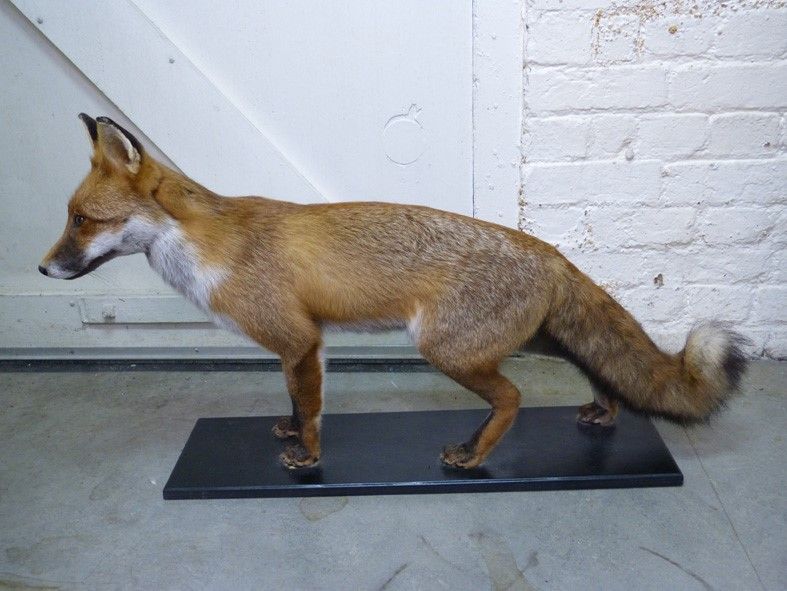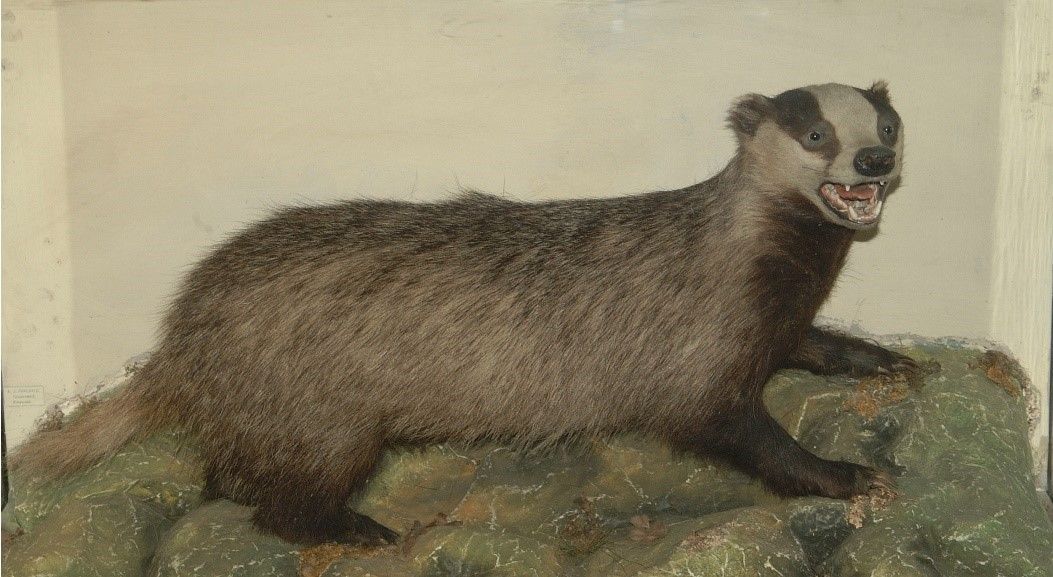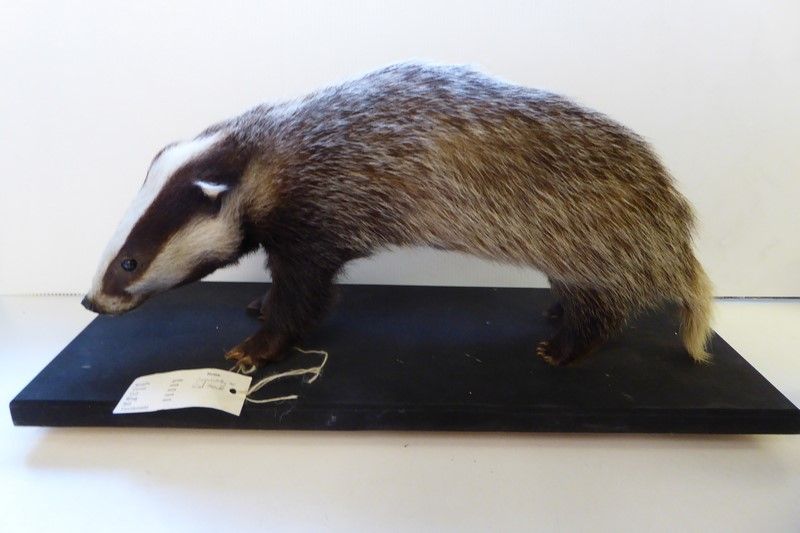We continue this Garden Wildlife Week with the types of mammals most commonly spotted in UK gardens. Let's return to our collections to see what we can discover...
Fox (Vulpes vulpes)

The fox is perhaps the most common wild mammal to frequent our gardens, as, being an opportunist, it has adapted to life in towns and cities. During the day the fox traditionally lives in an underground ‘earth’ and comes out to hunt or scavenge at night. In urban areas, however, the fox will make use of ready-made shelters, such as under a garden shed. Although foxes are skilled hunters and their diet includes animals such as rodents, worms, rabbits and domestic chickens, they are actually omnivores and also eat fruit.

Fox cubs are born in March and by late May to early June they are starting to forage for themselves. The cubs grow quickly and by late May they are quite long-legged, but not fully developed. By June, the cubs have often left the family den and by day shelter in thick undergrowth.
Badger (Meles meles)

The badger is a less frequent visitor to our gardens and is more wary of being seen. Unlike foxes, which can easily scale a six foot high fence, the badger is more likely to dig under the fence. Badgers dig around for worms and grubs in the ground and a sign that a badger has been in a garden are small pits, measuring 10-15 centimetres across, dug into a lawn.

Badger cubs spend the first eight weeks of their lives underground, but have ventured out before the end of May. However, badgers can have cubs all year round and can delay the development of the foetus if conditions are not right for birth. If you want to encourage badgers into your garden, a handful of unsalted peanuts left out may be a good bribe!
If you have enjoyed Culture on Call and you are able to make a donation, please click the link below. Any support you can give will help us keep communities connected to culture in these difficult times.





